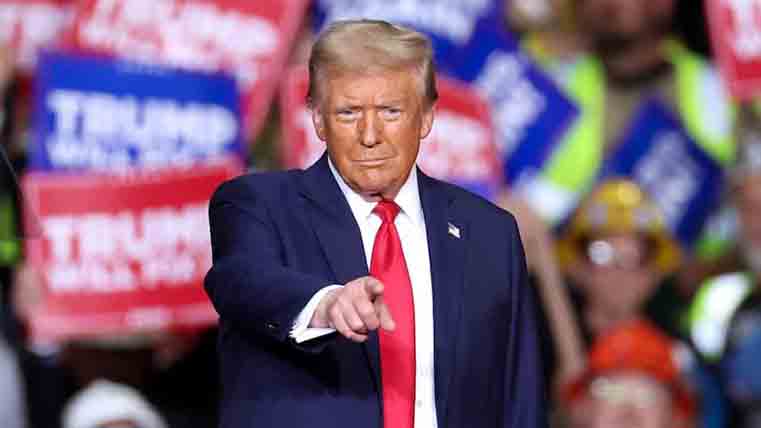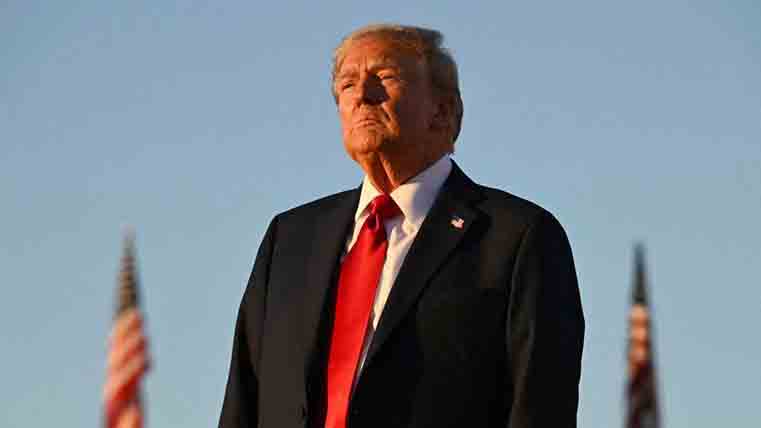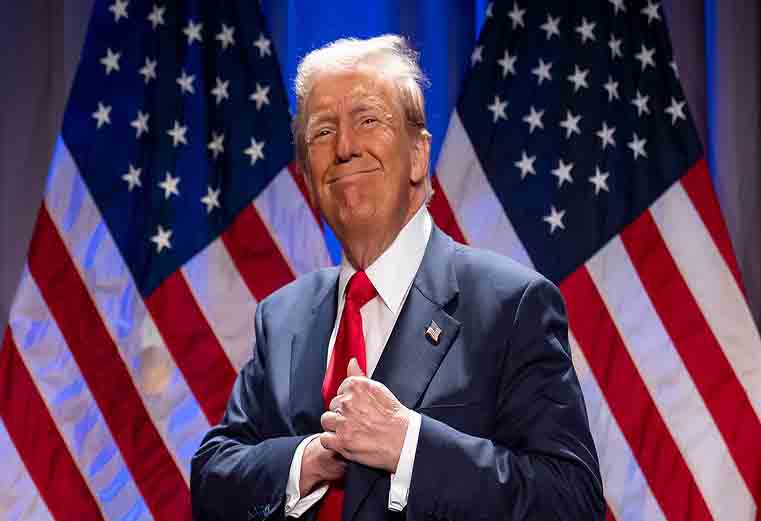Kari Lake, recently appointed by Donald Trump to helm Voice of America (VOA), brings with her a vision that promises to reshape the institution’s mission and messaging in line with the former president’s enterprising and often controversial agenda. Lake’s approach underscores a commitment to prioritizing content that resonates with conservative audiences, shifting away from traditional narratives that have characterized VOA in the past. Key elements of her vision include:
- Enhanced Political Reporting: A focus on amplifying conservative viewpoints and providing critical coverage of opposing political narratives.
- Content Alignment: Developing programming that aligns closely with the Trump administration’s policies and objectives.
- Audience engagement: Strengthening efforts to interact with viewers,encouraging feedback that reflects conservative sentiments.
Moreover, Lake envisions a conversion of VOA into a platform that not only informs but also advocates, positioning itself as a counterbalance to global media narratives she deems biased. This fresh approach could contribute to a notable evolution in the organization’s outreach and partnership strategies, particularly in regions where U.S. leadership faces skepticism. Potential strategies may involve:
- Strategic Collaborations: Partnering with other media entities that share a similar ideological outlook.
- Promotion of American Values: Emphasizing themes of freedom, patriotism, and American exceptionalism.
- Tech Utilization: Leveraging modern technology to enhance dissemination and accessibility of content.
Impact of Political Alignment on Voice of Americas Global Outreach
The recent appointment of Kari Lake, a staunch supporter of the former president, to led the Voice of America (VOA) reflects a significant shift influenced by political alignment. With a leadership rooted in the ideologies of the current administration, the organization may expect to recalibrate its global outreach strategies to align with Trump’s vision. This pivot could reshape how VOA presents news and details, particularly in regions where U.S. perspectives are already contentious. The stakes are high as the organization works to maintain its reputation as a reliable source while navigating the complexities of newfound political pressures to find out more, see the coverage at Warfare Today.
Lake’s leadership is anticipated to foster a more nationalistic narrative that resonates with the political base that brought Trump to power. Potential impacts of this alignment include:
- Content Bias: Increased emphasis on pro-American stories might overshadow critical perspectives on U.S. policies, affecting the credibility of VOA’s reporting abroad.
- Audience Engagement: The adjustment in messaging could either draw in or alienate international audiences, hindering the organization’s mission of fostering global understanding.
- Resource Allocation: Focus may shift towards regions deemed politically strategic by the administration, potentially neglecting areas that require more attention due to humanitarian crises.
 Strategies for Enhancing Credibility and Trustworthiness Amid Controversy
Strategies for Enhancing Credibility and Trustworthiness Amid Controversy
As controversy surrounds former President Trump’s appointment of Kari Lake as the new leader of Voice of america, establishing credibility and trustworthiness becomes paramount. In an era marked by increasing division and skepticism, clear communication is crucial. Engaging with the audience directly through various platforms can demystify the decision-making process. This engagement can be enhanced by regularly sharing updates and clarifying intentions, thus fostering a sense of clarity that many might feel is lacking. Furthermore, implementing open forums or Q&A sessions can provide opportunities for public discourse, allowing constituents to voice their concerns and receive direct responses.
Additionally, highlighting qualifications and experiences that resonate with the mission of Voice of America can definitely help counterbalance the skepticism associated with the appointment. Building a team comprised of diverse perspectives and expertise can strengthen credibility as well. This commitment to diversity in leadership reflects a broader understanding of the audience Voice of America serves and helps to create content that is both inclusive and representative. Furthermore, maintaining rigorous journalistic standards and prioritizing objectivity in reporting will be essential in establishing trust, particularly in a politically charged environment. This approach not only enhances the organization’s reputation but also underscores its dedication to upholding the tenets of free and fair communication.
 Recommendations for Balancing Editorial Independence with Political Influence
Recommendations for Balancing Editorial Independence with Political Influence
Considering the recent appointment of Kari Lake to lead Voice of America,it is indeed crucial to explore avenues that ensure editorial integrity while navigating political influence. Maintaining robust journalism requires a firm commitment to transparent reporting practices that prioritize the audience’s right to unbiased information. Key strategies might include:
- Establishing Clear Editorial Guidelines: Creating well-defined standards that clarify the distinction between editorial and operational roles can help mitigate political pressures.
- Promoting a Culture of Accountability: Implementing internal checks and balances, such as autonomous advisory boards that monitor content, can enhance oversight.
- Encouraging Diverse Voices: Recruiting journalists from various backgrounds and political spectrums can enrich the editorial approach,making it less susceptible to singular narratives.
Furthermore, effective training programs focused on ethical journalism practices are vital for all staff members at the organization. Ensuring that reporters and editors are equipped to recognize and resist undue political influence not only strengthens the credibility of the institution but also fosters public trust. Additional recommendations include:
- Engaging the Audience: Actively seeking feedback from viewers and listeners can create a sense of ownership and involvement, making it more arduous for political entities to sway public opinion unchallenged.
- Research and Awareness: Continually educating staff about the political landscape and its implications on media can definitely help maintain vigilance against potential biases.
- Pursuing Partnerships with Nonprofits: Collaborating with organizations dedicated to press freedom may bolster resources and provide greater protection against influence from governmental sources.

